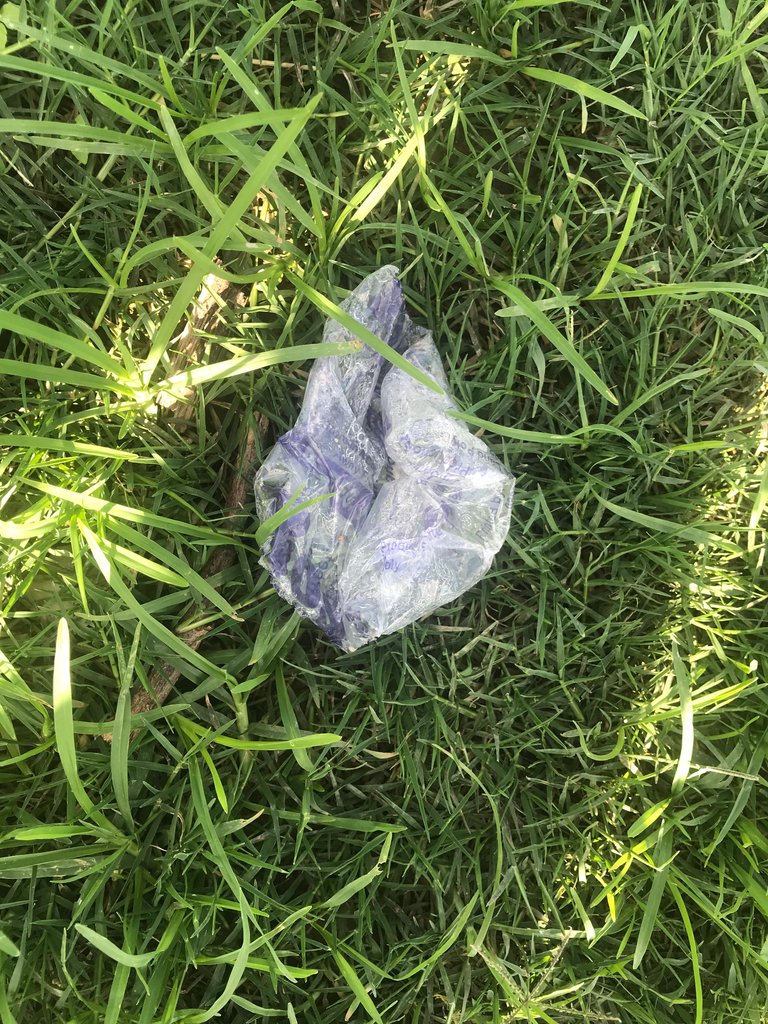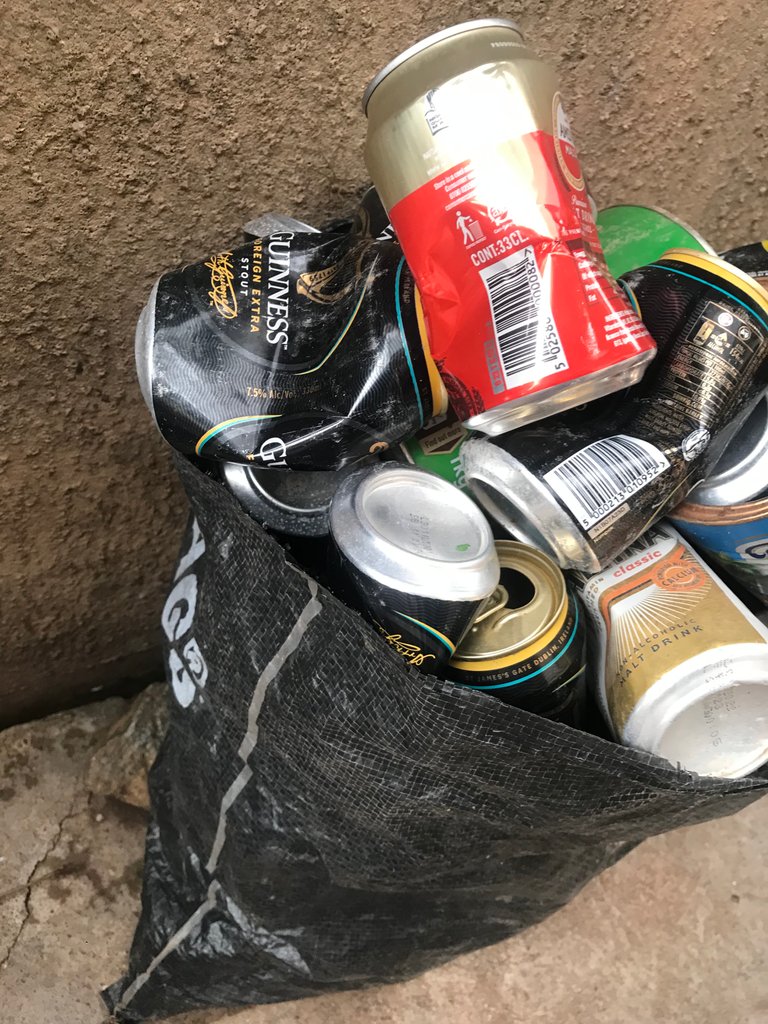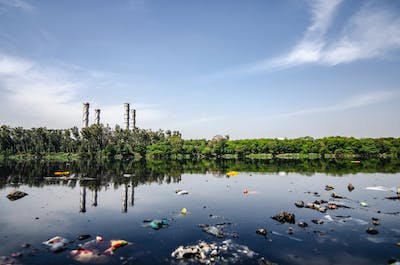The Planet Needs You!
Do you know that the best way to destroy a thing is to not maintain it or fix it when it starts to develop faults? This holds true for relationships(when a problem isn’t addressed, it becomes even bigger), material things like cars and houses will begin to deteriorate if not properly maintained. Taking care of our planet is a shared responsibility that I strongly believe each and every one of us should embrace. It doesn't have to be something we do on a special occasion but by cultivating a conscious mindset and making small changes in our daily lives we can actually live the talk.
The ecosystem is interconnected and unless we realize this and play our part in protecting it, we would be destroying the planet by not doing anything.
Approximately 50% of our oxygen supply comes from the oceans and this just emphasizes on the fact that the ecosystem is interconnected and that the phytoplanktons on the water bodies we see play a vital role too in preserving our ecosystem.
Oceanic organisms, such as phytoplankton, are responsible for generating a significant portion of our oxygen through photosynthesis. These microscopic plants use the power of sunlight to convert carbon dioxide into oxygen, playing a critical role in maintaining atmospheric balance. But let's not forget that marine animals, from fish to whales, also rely on oxygen to survive. As they respire, they consume oxygen too.
Human activities, such as pollution is a threat to the
equilibrium of our oceans and the atmospheric oxygen.
As we dispose harmful substances (fertilizer and toxic substances which destroy the nutrient balance) into the water and release greenhouse gasses into the atmosphere, we disrupt the natural processes that regulate oxygen production and consumption. Plastic wastes too which float on water bodies become a barrier to photosynthesis of phytoplankton, thereby reducing the abundance of oxygen generating organisms in water bodies
So, what can we do to contribute to the well-being of our oceans and ensure a healthy supply of oxygen in the atmosphere?
The answer is simple: adopt environmentally conscious habits. Here are some of my suggestions:
1. Reduce single-use plastics: Plastics are everywhere, and are the major cause of ocean pollution globally and the best way to reduce them in the environment is to reduce their use. We can cut down our need to use such plastics like straws, bags, and bottles, and help prevent them from ending up in the ocean and harming marine life. A good way to do this is by getting a reusable water bottle so you don’t need to buy water in plastic all the time. In Nigeria, we buy water in sachets like the one in the picture below and they end up being littered all over the environment.

You can also filter your water or purify as you wish and save money from having to buy water all the time in more plastics. Other alternatives for plastics can also be adopted such as bamboo bags for shopping, bamboo crates and other environmentally friendly products.
2. Proper waste disposal: Dispose of waste responsibly, ensuring that it doesn't end up in water bodies. I like to hold a big purse that can accommodate any waste I can’t properly dispose until I get a proper trash can for it. Sometimes I forget to get these trash out of my purse or car for days 😂 but that’s beside the point. Be responsible. Especially my Nigerian friends, don’t throw things in the roadside because it’s the norm, be the change.
3. Recycle whenever possible and educate others about the importance of waste management: I have a sack where aluminum cans go and one for plastic bottles that I keep behind my house. The aluminum cans are sold whenever the sack is filled and I give out the plastic cans to women who sterilize and use them to store their home-made drinks

4. Participate in beach and environmental clean-ups: Join local initiatives like the one organized by @cleanplanet or organize clean-ups in your community. By removing trash from gutters and the street, we prevent it from entering the water bodies and causing harm to marine life. It’s sad that many people have turned the rivers and oceans to dumping grounds. Last year, we had difficulty in finding a proper way to dispose waste in my neighborhood and I had to drive for about 5 minutes with our waste to a location where a government disposal truck comes to pick it up. When I got tired of driving with a stench in my car, I decided to ask my neighbor how she disposed hers, and she said she simply took it to the river that’s in the neighborhood. It was a sad reality that many people practiced this. Some don’t even waste their time to take it to the rivers, they simply leave it in gutters and wait for the rains to wash it to the rivers
5. Spread awareness: Educate yourself and others about the importance of ocean conservation and the role of oxygen in sustaining life. When my neighbor told about her disposal method, I immediately educated her and even volunteered to help dispose her waste too( more stench) until we got a proper disposal method the following month. You cannot save the planet alone, please share your knowledge and inspire others to take action.
Remember, every action counts, no matter how small and if we all consciously make effort to protect our planet, we will do just that. Remember, there is no PLANet B!

If you made it this far, thanks for reading!
All content is mine except stated otherwise

Congratulations @threedotz! You have completed the following achievement on the Hive blockchain And have been rewarded with New badge(s)
Your next target is to reach 500 upvotes.
You can view your badges on your board and compare yourself to others in the Ranking
If you no longer want to receive notifications, reply to this comment with the word
STOPTo support your work, I also upvoted your post!
Check out our last posts:
Ocean life is not the only way we get oxygen. Plants produce oxygen while breathing carbon dioxide. Nature is very important to the survival of humanity.
If you had read the post, you would have seen that I mentioned it providing 50% and not the only source of oxygen.
I did but I was not sure if you were leaving out the need for land plant care purposely or are you closer to water.
Oh! I get what you mean! This post is mainly about plastic wastes which most times end up in water bodies. There’s a claim that the oxygen produced by phytoplanktons are consumed by aquatic animals, therefore;?we definitely need plants in land. But like I said, everything is interconnected and we cannot ignore them simply because they don’t give us the oxygen we use.
Thank you for reading and for your observation!
Thanks for your contribution to the STEMsocial community. Feel free to join us on discord to get to know the rest of us!
Please consider delegating to the @stemsocial account (85% of the curation rewards are returned).
You may also include @stemsocial as a beneficiary of the rewards of this post to get a stronger support.
That's a great environmental preservation post you just made... I loved the way hou outline everything chronologically.
Thanks for sharing
↑Upvoted↑and←Reblogged→
Very good advice! Thank you! 👍
!LUV
!DIY
!PIZZA
@threedotz, @acgalarza(1/1) sent you LUV. | tools | discord | community | HiveWiki |
HiveWiki |  NFT | <>< daily
NFT | <>< daily
$PIZZA slices delivered:
@acgalarza(1/5) tipped @threedotz